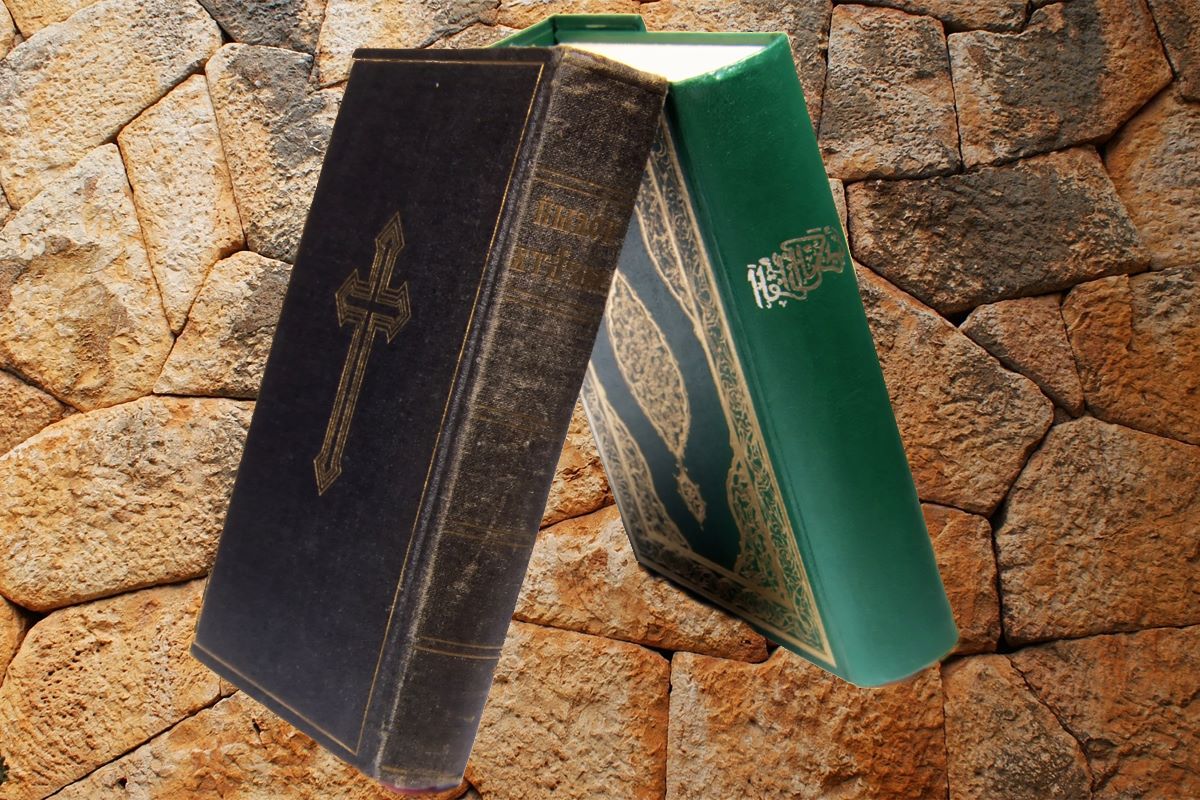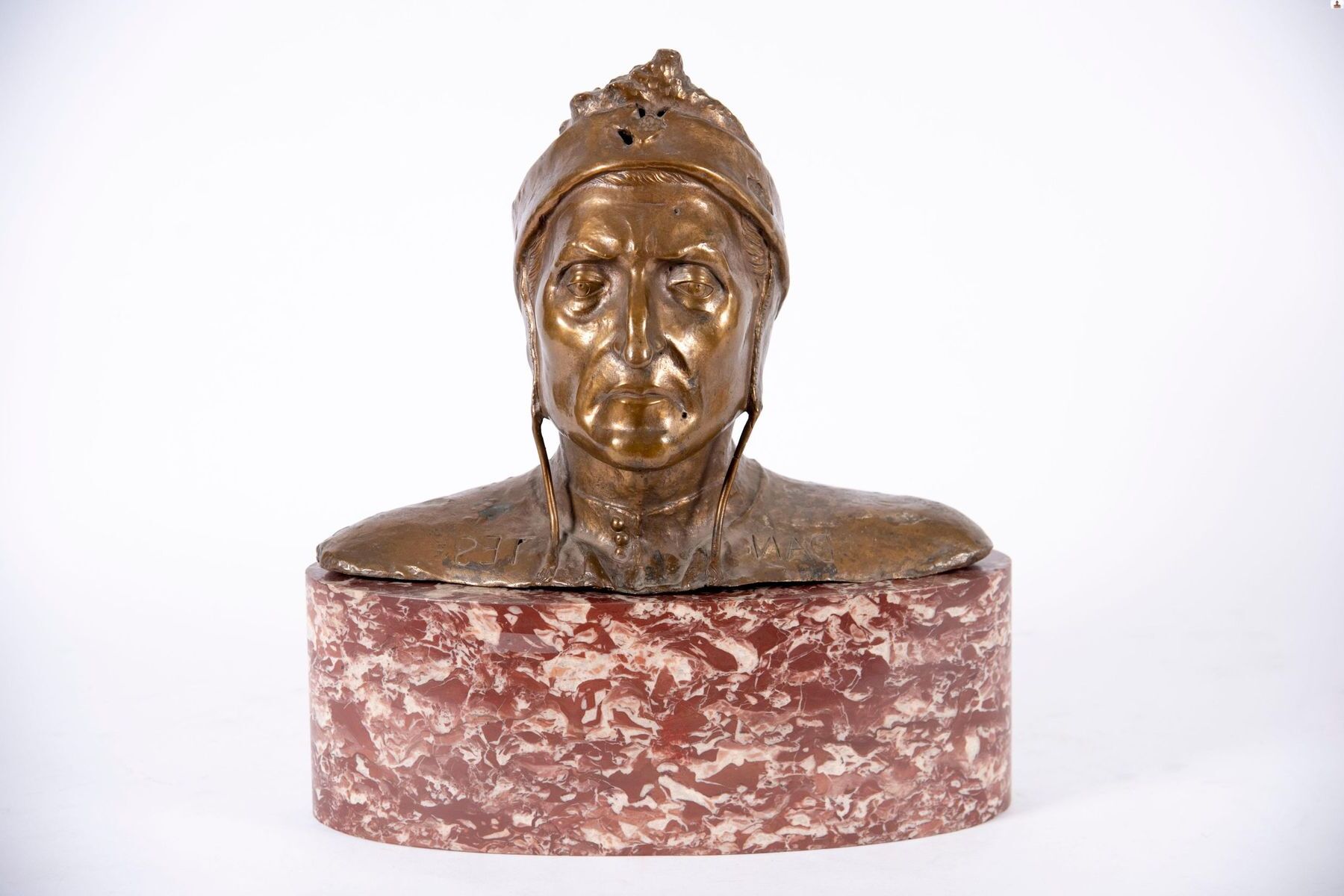
Did you know that the Quran and the Bible share numerous similarities? These two sacred texts, central to Islam and Christianity, have more in common than many realize. Both scriptures discuss creation, prophets, and moral teachings. They even share stories about figures like Adam, Noah, and Moses. Why is this important? Understanding these similarities can foster greater respect and dialogue between different faiths. Curious to learn more? This blog post dives into 35 fascinating facts that highlight the common ground between the Quran and the Bible. Get ready to explore the surprising connections that unite these two influential books.
Key Takeaways:
- The Quran and Bible share similar creation stories, moral teachings, and beliefs about the afterlife, showing common themes that have shaped cultures and beliefs for centuries.
- Both texts emphasize the importance of following the teachings of prophets, moral and ethical principles, and creating a fair and just society, guiding their followers with divine messages.
Historical Context
Understanding the Quran and Bible requires a look into their historical backgrounds. Both texts have shaped cultures and beliefs for centuries.
- The Quran was revealed to Prophet Muhammad over 23 years, starting in 610 CE.
- The Bible consists of the Old Testament and New Testament, written over centuries by various authors.
- Both texts have been translated into numerous languages, making them accessible worldwide.
Creation Stories
Both the Quran and Bible describe the creation of the world, offering insights into their respective religious beliefs.
- In the Quran, Allah creates the world in six days.
- The Bible's Book of Genesis also states that God created the world in six days.
- Both texts mention the creation of Adam and Eve as the first humans.
Prophets and Messengers
Prophets play a crucial role in both religious texts, guiding followers with divine messages.
- The Quran mentions 25 prophets, including Adam, Noah, Abraham, Moses, and Jesus.
- The Bible features many of the same prophets, with detailed stories about their lives and missions.
- Both texts emphasize the importance of following the teachings of these prophets.
Moral and Ethical Teachings
Moral guidance is a key component of both the Quran and Bible, shaping the behavior of their followers.
- The Quran outlines principles like justice, charity, and honesty.
- The Bible's Ten Commandments provide a moral framework for Christians.
- Both texts encourage helping the poor and needy.
Eschatology
Eschatology, or the study of the end times, is a significant theme in both the Quran and Bible.
- The Quran describes the Day of Judgment, where everyone will be held accountable for their deeds.
- The Bible's Book of Revelation details the final judgment and the coming of God's kingdom.
- Both texts speak of resurrection and eternal life for the righteous.
Angels and Demons
Supernatural beings like angels and demons appear in both religious texts, serving various roles.
- The Quran mentions angels like Gabriel, who delivered messages to prophets.
- The Bible also features Gabriel, along with other angels like Michael.
- Both texts describe demons as beings who oppose God's will.
Sacred Texts and Scriptures
The Quran and Bible are considered sacred and are treated with great reverence by their followers.
- Muslims believe the Quran is the literal word of God, revealed in Arabic.
- Christians view the Bible as divinely inspired, though written by human authors.
- Both texts are used in religious rituals and personal devotion.
Prayer and Worship
Prayer is a central practice in both Islam and Christianity, fostering a connection with the divine.
- Muslims perform Salah, praying five times a day facing Mecca.
- Christians pray in various forms, including the Lord's Prayer taught by Jesus.
- Both religions have places of worship: mosques for Muslims and churches for Christians.
Dietary Laws
Dietary restrictions are present in both the Quran and Bible, guiding what followers can and cannot eat.
- The Quran prohibits the consumption of pork and alcohol.
- The Bible's Old Testament also forbids eating pork and certain other foods.
- Both texts emphasize the importance of eating permissible (halal or kosher) foods.
Stories of Sacrifice
Sacrifice is a recurring theme in both religious texts, symbolizing faith and obedience to God.
- The Quran recounts the story of Abraham's willingness to sacrifice his son Ishmael.
- The Bible tells a similar story, but with Isaac as the son Abraham is asked to sacrifice.
- Both stories highlight the importance of trust and submission to God's will.
Social Justice
Both the Quran and Bible advocate for social justice, urging followers to create a fair and just society.
- The Quran emphasizes the importance of justice, equality, and the protection of the oppressed.
- The Bible calls for loving one's neighbor and caring for the marginalized.
- Both texts encourage the establishment of laws that promote fairness and justice.
Afterlife Beliefs
Beliefs about the afterlife are central to both Islam and Christianity, offering hope and guidance for the faithful.
- The Quran describes paradise (Jannah) and hell (Jahannam) as the final destinations for souls.
- The Bible speaks of heaven and hell, where souls are rewarded or punished based on their earthly actions.
Common Threads in Sacred Texts
Understanding the similarities between the Quran and the Bible can foster greater appreciation for both texts. Both scriptures emphasize monotheism, moral conduct, and compassion. Stories like those of Adam and Eve, Noah's Ark, and Moses appear in both, highlighting shared narratives. The Ten Commandments and the Five Pillars of Islam guide followers towards ethical living.
Recognizing these commonalities can bridge gaps between Muslims and Christians, promoting mutual respect. While differences exist, focusing on shared values can lead to more meaningful dialogues.
Exploring these connections enriches our understanding of both faiths, revealing how intertwined human experiences and spiritual teachings are. So, next time you read either text, remember the threads that bind them together. This knowledge can be a step towards a more harmonious world.
Frequently Asked Questions
Was this page helpful?
Our commitment to delivering trustworthy and engaging content is at the heart of what we do. Each fact on our site is contributed by real users like you, bringing a wealth of diverse insights and information. To ensure the highest standards of accuracy and reliability, our dedicated editors meticulously review each submission. This process guarantees that the facts we share are not only fascinating but also credible. Trust in our commitment to quality and authenticity as you explore and learn with us.


